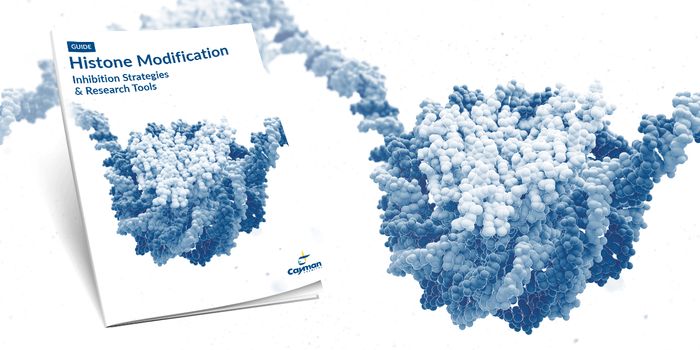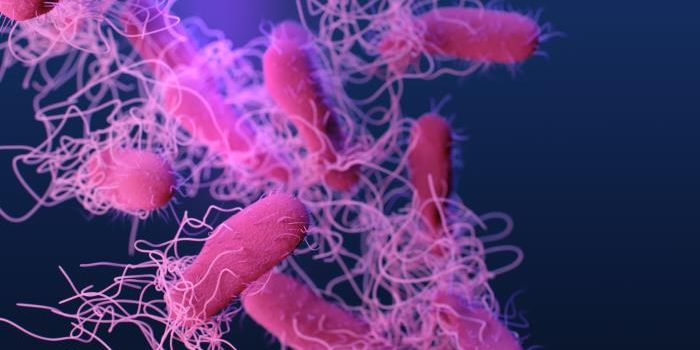Link ID'ed Between Autism and Errors in the Creation of Large Proteins
Scientists are starting to learn more about the causes that underlie autism. Using a fragile X model, research by Ethan Greenblatt and Allan Spradling of Carnegie Institution for Science has identified a problem in the creation of proteins with large structures. These findings, which have been reported in Science, may apply to related disorders.
Dysfunction in a gene called Fmr1 has been linked to fragile X, a developmental disorder; about one-third of affected children are on the autism spectrum. Mutations in the Fmr1 gene also lead to ovarian failure and other problems in the reproductive system.
The Fmr1 gene is thought to be critical in protein production. When a mutation happens in the gene, it interferes with a specific process in the manufacture of certain proteins. Typically, when a protein is made, DNA is first transcribed into RNA, which is then translated into proteins. In some cases, like nerve cells, that RNA gets pre-made and then stored until it’s needed. In nerve cells, Fmr1 seems to keep that RNA from being converted immediately into protein.
Greenblatt and Spradling wanted to know more about the function of Fmr1 in another type of cell that’s more like an egg cell - fruit fly eggs.
“Our results surprised us,” Spradling revealed. “We found that egg cells lacking Fmr1 were at first completely normal; but over time, if they were stored, they lost function much faster than stored eggs with normal Fmr1, which is reminiscent of the human ovarian failure syndrome. What’s more, when fertilized, these Fmr1-lacking eggs created offspring with severe nervous system defects, which is reminiscent of fragile X syndrome.”
Next, the researchers showed that when egg cells carried a dysfunctional Fmr1 gene, the expression of many proteins was reduced. In addition, a lot of those deficient proteins have been associated with autism. Another thing the proteins have in common? They are large.
“We think that Fmr1 serves as a sort of a helper, which boosts the production of critically important large proteins that are difficult for eggs or neurons to manufacture,” Greenblatt said. “Without Fmr1, egg cells have inadequate supplies of specific large proteins and prematurely start to fail. Since Fmr1 is also important in the brain, the loss of certain large proteins associated with autism could explain the autism-like symptoms of fragile X syndrome patients.”
It is possible that other brain disorders, like ALS or Alzheimer's, might now be linked to errors in the production of large proteins.
Sources: Carnegie Islands, Science


![Master Lab Weighing: Accuracy, Compliance & Audits [eBook]](https://d3bkbkx82g74b8.cloudfront.net/eyJidWNrZXQiOiJsYWJyb290cy1pbWFnZXMiLCJrZXkiOiJjb250ZW50X2FydGljbGVfcHJvZmlsZV9pbWFnZV85MWRmZmRjMDIwNDBlMWJjMzYwN2ZiYWY2ZjI4ZGMzYzBmZGMwZGMyXzkxOTcucG5nIiwiZWRpdHMiOnsidG9Gb3JtYXQiOiJqcGciLCJyZXNpemUiOnsid2lkdGgiOjcwMCwiaGVpZ2h0IjozNTAsImZpdCI6ImNvdmVyIiwicG9zaXRpb24iOiJjZW50ZXIiLCJiYWNrZ3JvdW5kIjoiI2ZmZiJ9LCJmbGF0dGVuIjp7ImJhY2tncm91bmQiOiIjZmZmIn19fQ==)






